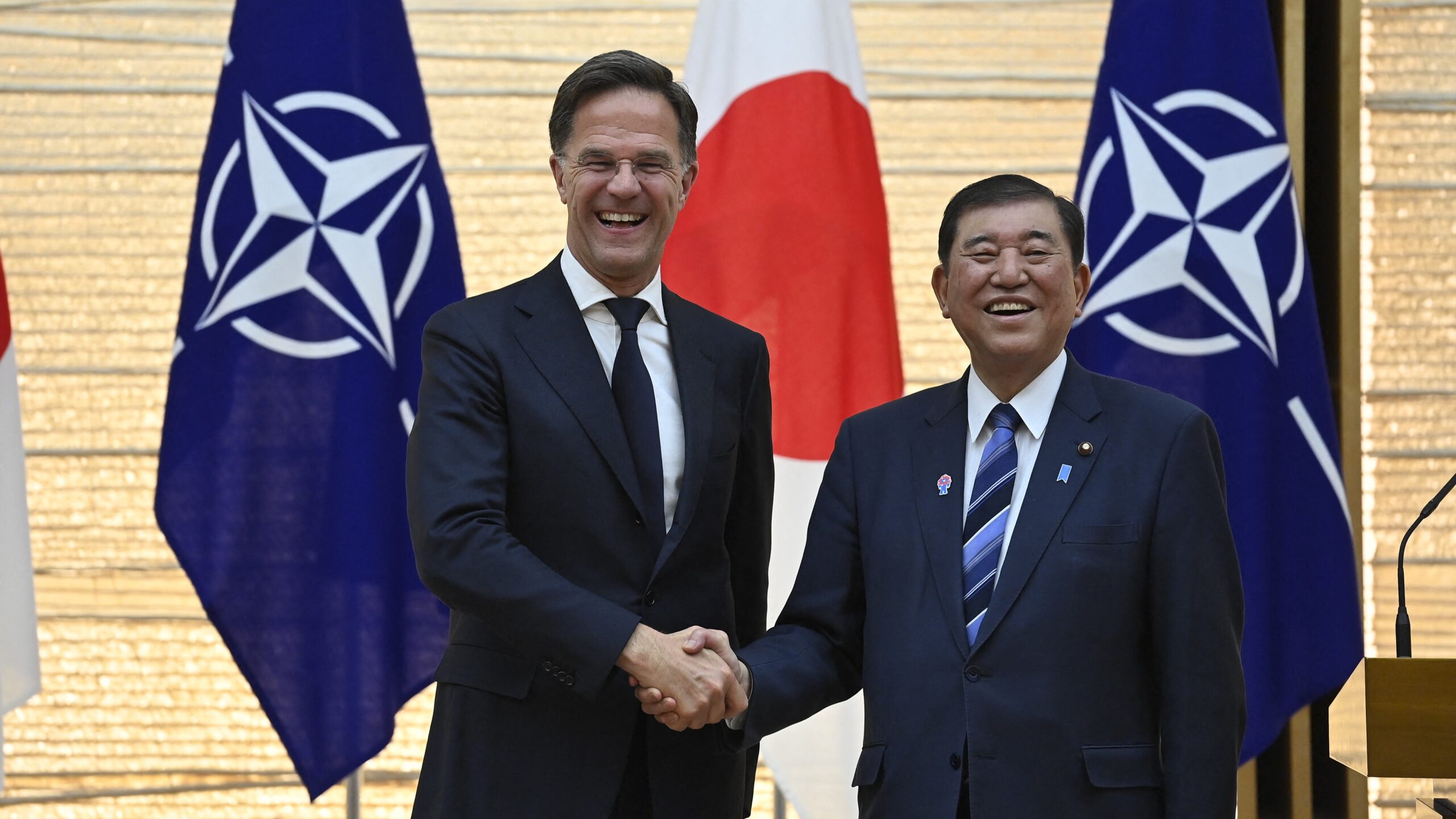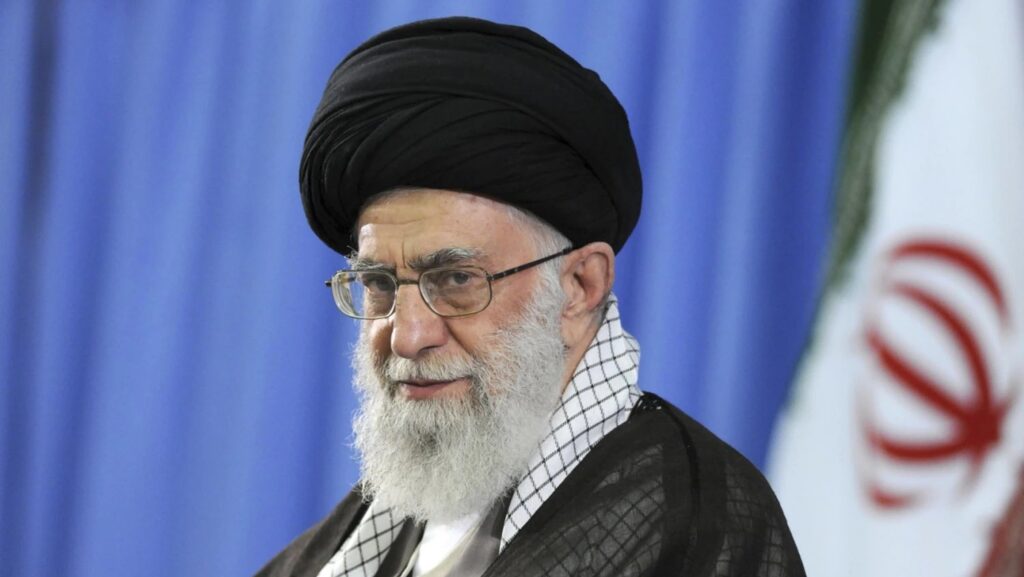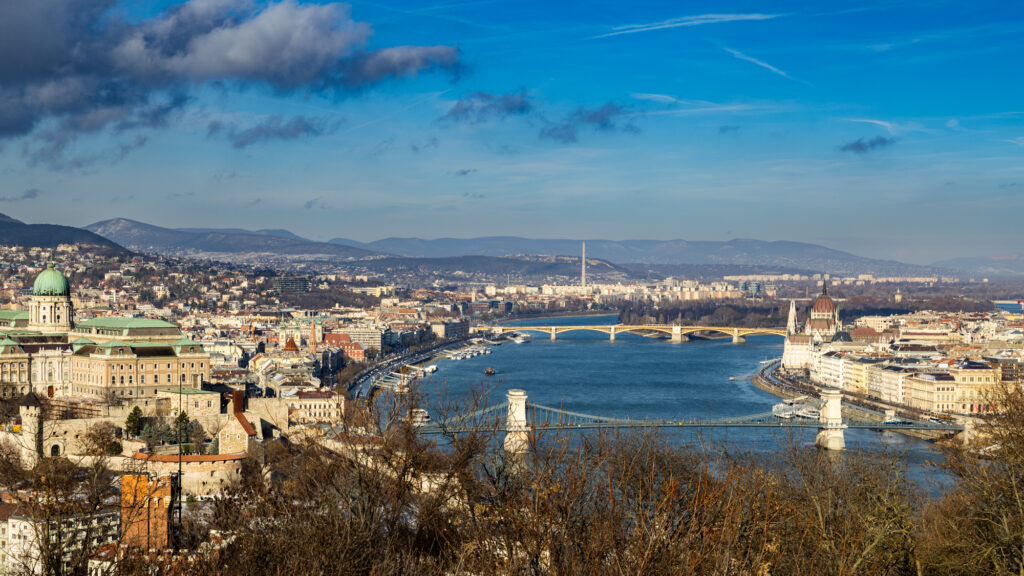When walking down the streets of Budapest or in outlying cities like Esztergom, just an hour away, one nation’s cultural and economic influence becomes clear. It’s not China, the United States, or Russia, but Japan. The signs of growing Japanese influence are visible throughout Hungary—from the abundance of Japanese restaurants to the increasing number of Japanese tourists, and even the occasional Torii gate along the M7 or M5 highways. If you look closely, you can find traces of Japan everywhere in Hungary.
Why?
Hungary and Japan have been deepening their economic and humanitarian cooperation rather significantly in the past few years. With the opening of Suzuki plants in Esztergom and increased investments from Japanese electronics and automotive companies, over 180 Japanese firms have chosen Hungary as their hub for manufacturing in Central Europe. And Japan isn’t alone. South Korea, China, Taiwan, Hong Kong, and many other nations across Asia have decided to make Hungary the place to manufacture their goods meant for European markets, according to a recent study done by the Danube Institute.
Hungary has made itself the ideal place for foreign investment opportunities for Asian firms, and as a result, diplomatic and cultural ties between Hungary and Asian nations like Japan have exploded in recent years. As Hungary’s government has worked to increase its connectivity with nations in the Indo-Pacific region, Japan has become an increasingly important partner for Hungary and its economic and security goals in both Europe and around the world.
‘Japan has become an increasingly important partner for Hungary and its economic and security goals in both Europe and around the world’
After the advent of the Ukraine war, energy security has become one of the most critical issues for not only Hungary but the entirety of Europe. To address the issue, Japan and Hungary made a landmark agreement on cooperation in nuclear energy production in 2023 in order to ensure both nations would have increased access to cheap, clean, and renewable energy. During the talks between Hungarian Minister of Foreign Affairs and Trade Péter Szijjártó and his counterpart in Tokyo that solidified Hungarian–Japanese nuclear cooperation, the Minister also communicated Hungary’s support for increased Japan–NATO relations in the Indo-Pacific region.
This is all the more interesting given Tokyo’s increased interest in joining NATO in several of its missions. This past April 2025, Japanese Defense Minister Gen Nakatani told NATO Secretary General Mark Rutte that Japan was interested in joining NATO’s command and mission based in Germany aimed at supporting Ukraine.
It’s clear that Tokyo is taking the war in Ukraine and its security implications for the Indo-Pacific extremely seriously, and increasing cooperation with NATO and the countries of Europe is proving to be of vital interest for Japan. Hungary, given its growing role in Central Europe as a manufacturing and diplomatic hub for both Europe and Asia, is becoming increasingly important to Japanese leadership.
With the recent announcement this past 29 July, 2025 by Tokyo and NATO Secretary General Mark Rutte about planned talks between NATO and Japan on starting joint defense industrial talks to share information and increase cooperation on the production of military equipment. This is extremely significant, because all NATO members are required to use standardized equipment across the alliance, and the fact Tokyo is talking with NATO leadership on how to work together to produce future generations of military hardware that are compatible with Japanese and NATO defense forces shows a clear investment in increased future security cooperation between Japan and NATO. Something that any would-be aggressors in the Indo-Pacific region will have to take seriously.
‘It’s clear that Tokyo is taking the war in Ukraine and its security implications for the Indo-Pacific extremely seriously’
This shouldn’t come as a complete surprise, as Japan has been working with Hungary and the other countries of the Visegrád 4 (V4) group to increase its security cooperation at first with NATO, and the rest of Europe for a while now. Back in 2013, Japan was invited to take part in the V4 summit (which was renamed the V4 plus Japan summit) and issued a joint statement saying that increased security ties between Japan, NATO, and the other countries of the V4 was a vital and mutual interest.
Through Japan’s growing business and cultural ties with Hungary, the Hungarian–Japanese relationship is poised to grow at an exponential rate in the coming years. Japan’s use of Hungary as a central manufacturing hub for vehicles and electronics equipment is only going to grow as a result of increased defense industry cooperation between NATO and Tokyo. Hungary is already a major producer of armored vehicles, ammunition, and aerial defense systems for the alliance. With Japan looking to join NATO to synchronize its defense industry with those of NATO nations, Hungary is well-positioned not only to significantly benefit economically but also to become one of Japan’s most significant security partners.
Be watchful of the growing relationship between Budapest and Tokyo in the upcoming years. As Japan and Hungary deepen their economic and security ties, their increased relationship will signal significant changes to the European–Indo-Pacific partnership. The Japanese–Hungarian and NATO relationships are poised to grow in the foreseeable future.
Related articles:







